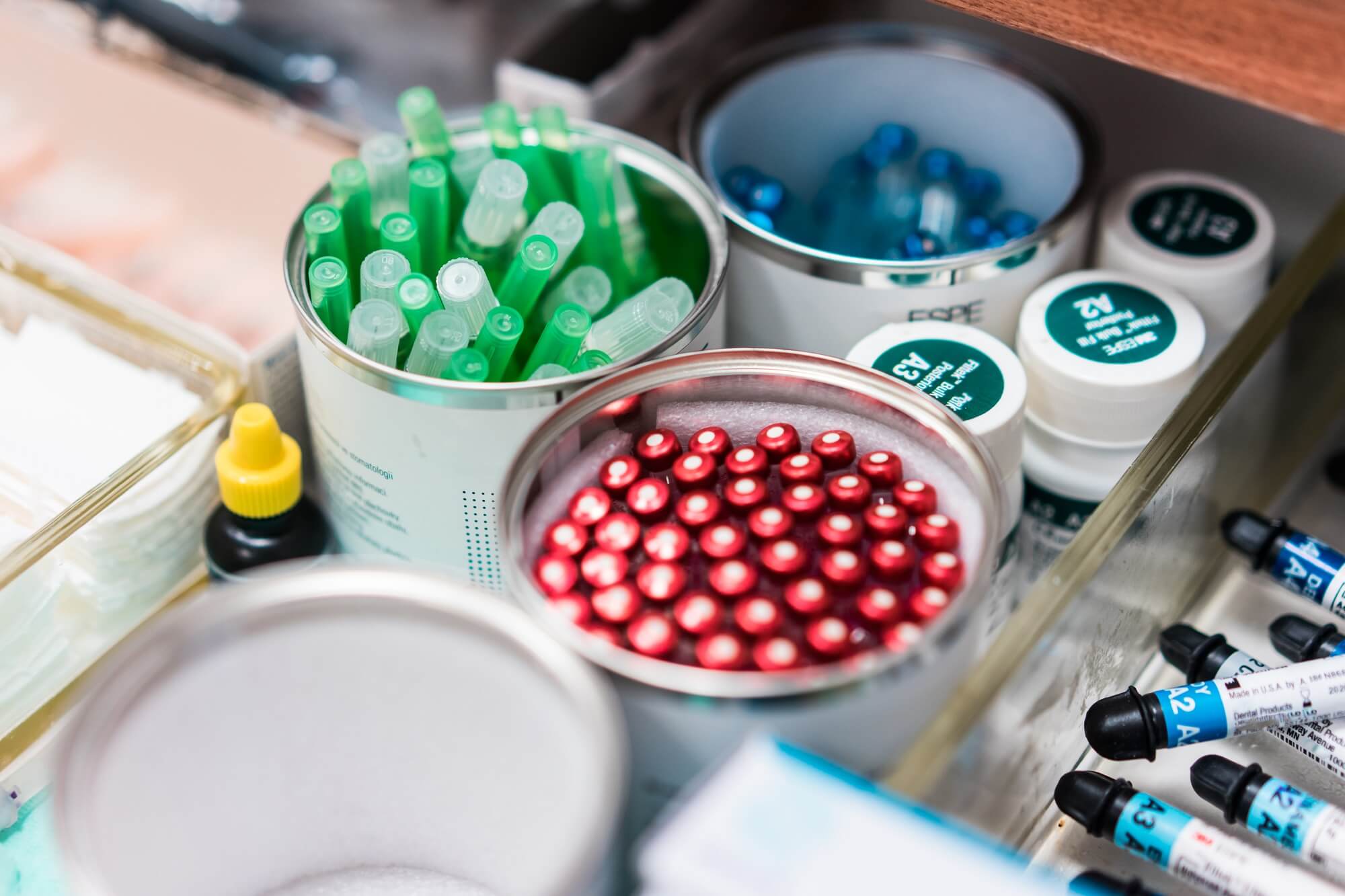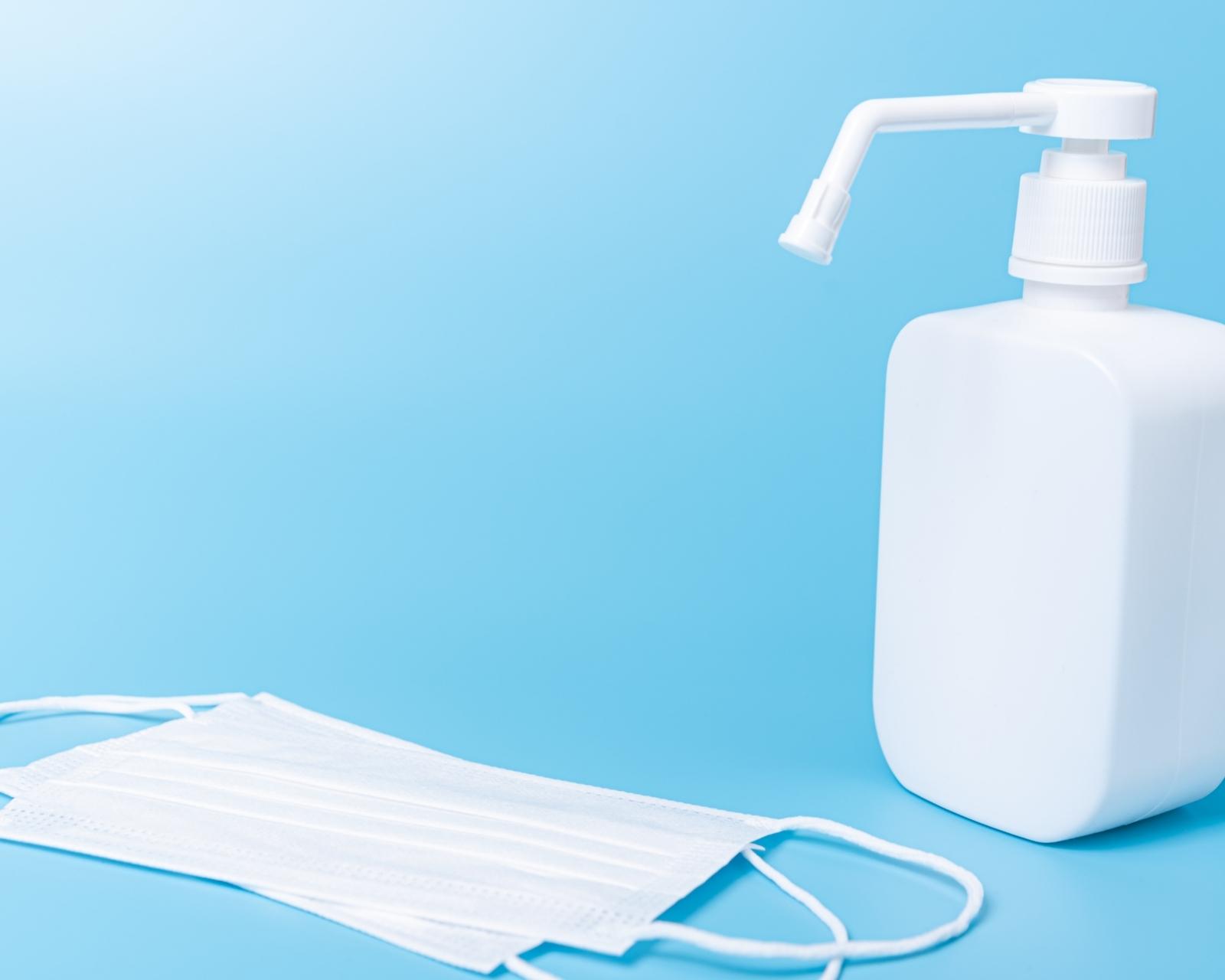How to Write a Laboratory Department’s Scope of Service?
A laboratory department can provide a wide range of treatments or activities to its patients. In many cases, the department will be able to work with the patient's doctor to come up with a treatment plan that meets the patient's needs. The department may also offer a variety of activities that can help the patient improve their health.
Introduction: Purpose of a Laboratory Scope of Service
A laboratory scope of service is a document that outlines the specific services that a laboratory can provide. It is important to have a scope of service because it helps to define the limits of a laboratory’s capabilities and helps to ensure that the laboratory is providing only those services that it is qualified to provide.
A scope of service should be specific and should list each type of service that the laboratory can offer. It should also include information on the types of tests that the laboratory can perform and the equipment that it has available. The scope of service should be updated as needed to reflect changes in the laboratory’s capabilities.
Types of patients served
Newborn through adult patients should be served with primary and tertiary testing support for all patients, including emergency service and those requiring the intensive care involved in transplant, neonatal, cardiac and dialysis services. Blood products are provided for the same patient mix.
The Laboratory also should offer services to outside specimens and patients from other hospitals that do not have the instrumentation or capability to perform a specific test with no limitation to the regular working hours.
Write down your limitations
Laboratories often provide different services to different types of clients. For example, a laboratory may be able to test human blood samples for HIV, but it does not have the specialized equipment needed to test for other diseases, such as West Nile Virus.
Laboratories should have a written procedure to handle potential liability issues and a plan to cover any unexpected situations that may arise. The laboratory should also take steps to ensure that its employees are competent and trained in infection control.

Laboratory services and customers grouping:
Newborn through adult patients should be served with primary and tertiary testing support for all patients, including emergency service and those requiring the intensive care involved in transplant, neonatal, cardiac and dialysis services. Blood products are provided for the same patient mix.
The Laboratory also should offer services to outside specimens and patients from other hospitals that do not have the instrumentation or capability to perform a specific test with no limitation to the regular working hours.
Laboratory departments provide essential services to many other parties, both internal and external. The external customers for laboratory departments may include other departments in the sister hospitals, other businesses and organizations with which the company does business, or the general public.
Internal customers may need results rapidly in order to make decisions about illness or diagnosis. They may also need detailed information about specific tests or analyses.
The external customers of the department are as follows:
- Patient & their families
- Out-patients
- In-patients
- Donors attending blood bank.
- National inspecting bodies.
- Accrediting bodies.
- Sister hospitals
- Recognized contracted laboratories
- Medical representatives and engineers for maintenance related to machines and supplies.
- Outside contractors (thermometer’s calibration – xylene and formalin detector)
The external customers of the department are as follows:
- Medical, nursing, non-medical, allied health employees
- Support services like infection prevention & control department, safety, loss & prevention department (SLPD), quality management department and among others:
- Radiology department.
- Information technology department.
- Biomed engineering.
- Hospital committees, chairman, members.
- Departmental QI officers.
- Departmental safety officers.
Ranges of treatments or activities performed laboratory department:
A laboratory department can provide a wide range of treatments or activities to its patients. In many cases, the department will be able to work with the patient’s doctor to come up with a treatment plan that meets the patient’s needs. The department may also offer a variety of activities that can help the patient improve their health.
Department of laboratory medicine services include: chemistry, hematology, hemeostasis (coagulation), transfusion (blood bank), special chemistry, serology, clinical microscopy (urine and stool analyses) and microbiology.
The anatomic pathology division provides services that include: anatomic pathology, cytology and immunohistochemistry. In addition, the main lab serving MICU, SICU and outpatient dialysis patients.
Department of laboratory medicine provides a wide range of clinical and anatomic pathology services, which are necessary to carry out tests and procedures for diagnostic use in patient care. Routine and emergency services are also provided for in-patients and out patients.
In addition, specimens for more complex tests are collected, processed and forwarded to referral laboratories for performance of the tests. All laboratory testing with department of laboratory medicine is used in the diagnosis, treatment and prevention of disease inpatients and outpatients. They must be provided in compliance with the procedures outlined in this policy.














